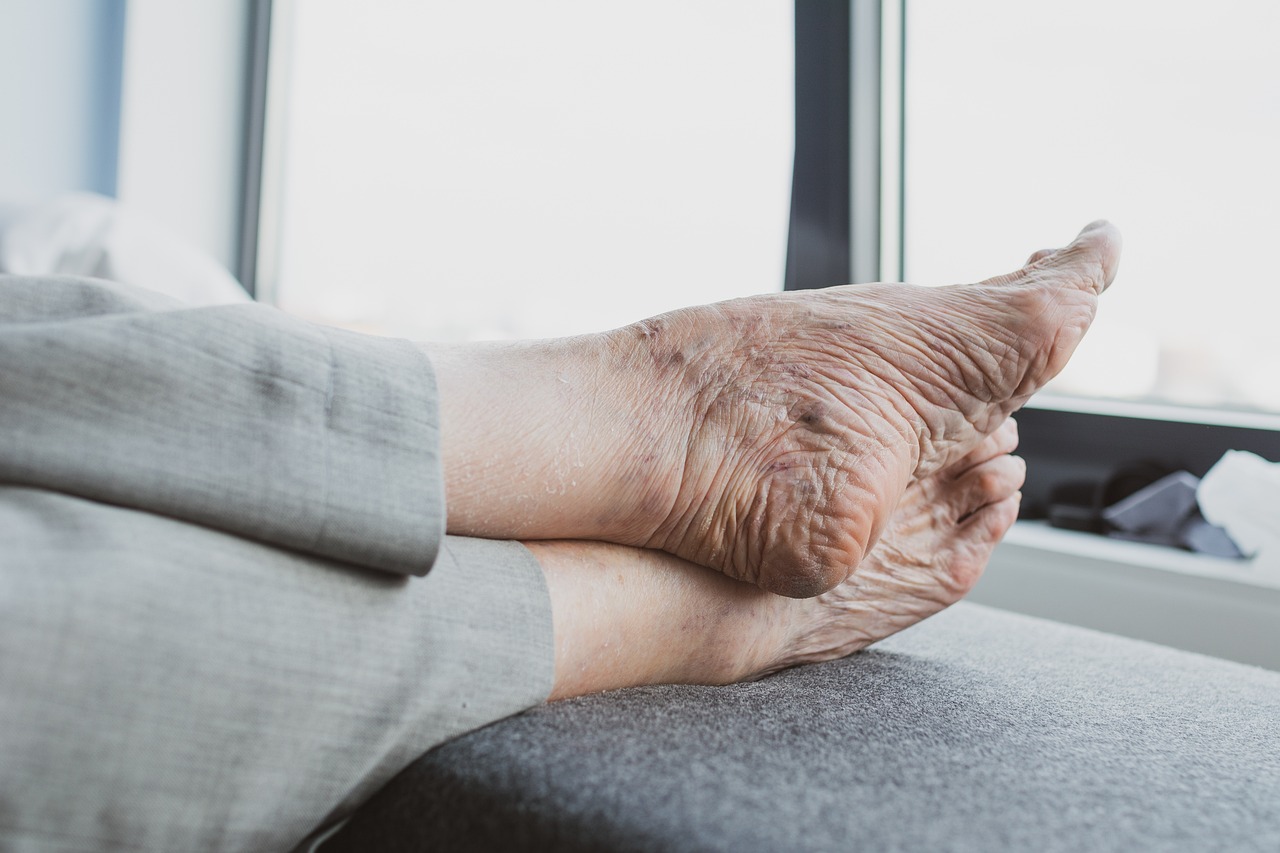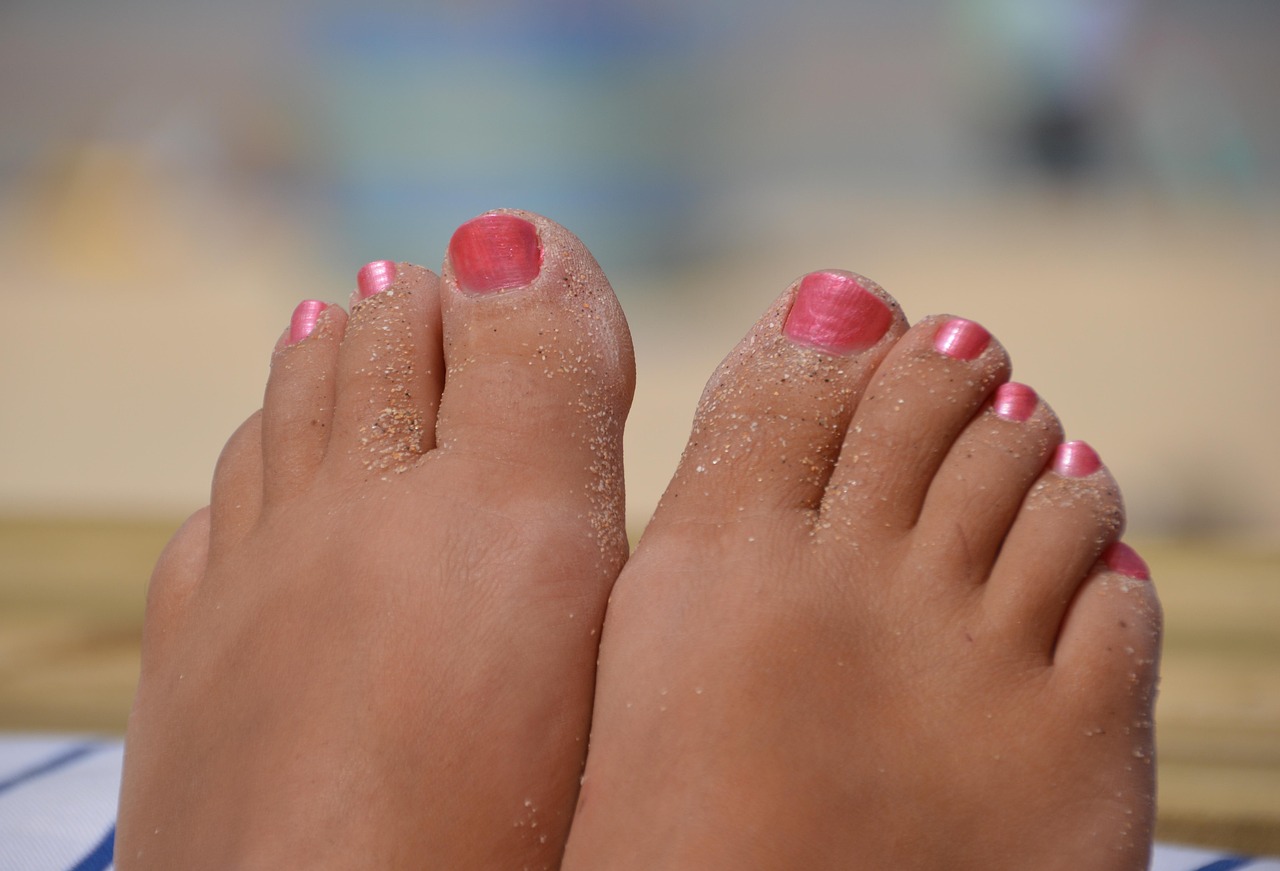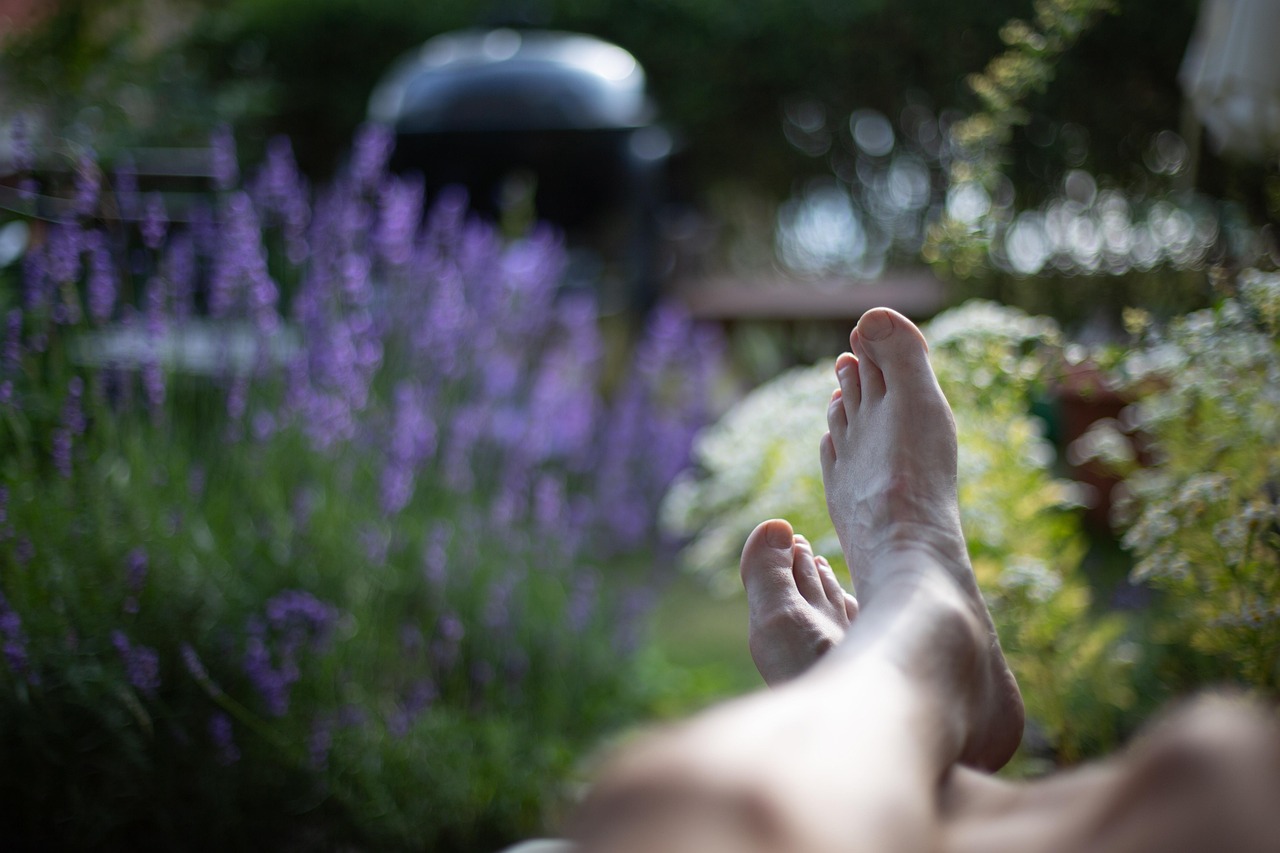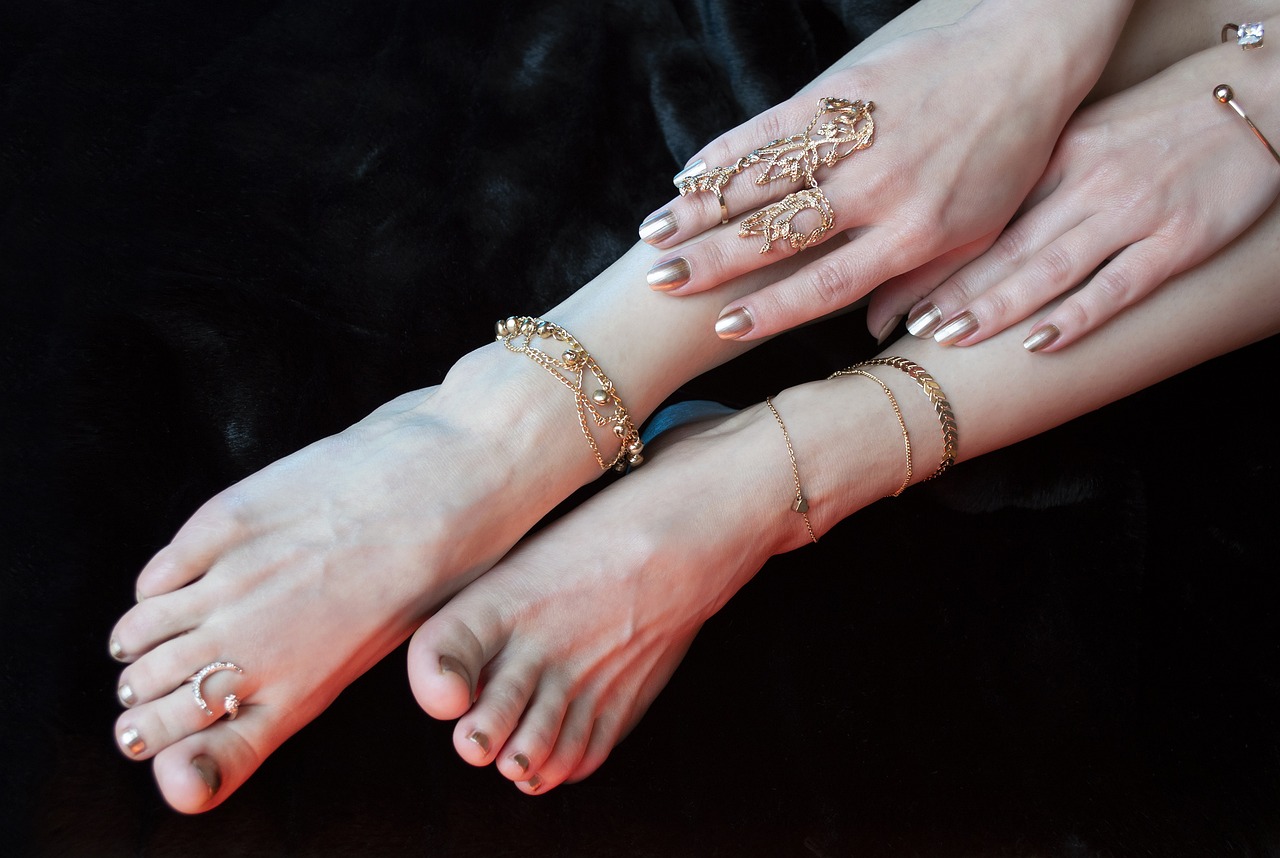Because healthy feet mean independent living.
As we age, our skin changes — becoming thinner, drier, and more prone to cracking and discomfort. But nowhere are these changes more noticeable than in the feet. For seniors, heel care isn’t just about looking good. It’s about mobility, balance, and preventing infections that can seriously affect quality of life.
The good news? With a simple, gentle, and consistent foot care routine, seniors can keep their heels soft, their skin healthy, and their steps confident.
In this guide, we’ll show how to build an age-appropriate foot care routine using safe, effective products from The Beauty Pure — because foot care is self-care at any age.
Table of Contents
Toggle🧠 Why Foot Care Is So Important for Seniors
Aging feet face unique challenges:
- Decreased circulation slows healing
- Dry, thinning skin cracks more easily
- Reduced flexibility makes self-care harder
- Nerve damage or diabetes increases risk of unnoticed injuries
- Calluses and heel fissures may go untreated until they hurt
That’s why a proper routine needs to be: ✔️ Gentle
✔️ Easy to follow
✔️ Focused on prevention, not just repair
🦶 Step-by-Step Foot Care Routine for Seniors
Let’s build a routine that’s simple yet effective — and safe to follow daily.
✅ Step 1: Daily Gentle Cleansing
Wash feet with warm (not hot) water and a mild, non-drying soap.
- Avoid soaking too long (max 10 minutes)
- Pat feet completely dry, especially between the toes
- Inspect for redness, cuts, or irritation
✅ Step 2: Apply a Hydrating Cream Twice Daily
Use a foot cream formulated to deeply moisturize and repair cracked skin.
👉 Lapitak Foot Care Cream – perfect for daily use on dry skin
👉 Lapitak Cream for Cracked Heels – ideal for deep cracks, thick skin, and calluses
🟢 Apply after washing and before bed, then wear cotton socks to boost absorption.
✅ Step 3: Gentle Weekly Exfoliation (Optional)
For seniors, gentle is key. Never use metal graters or rough files.
- Use a soft exfoliating cloth or sponge
- Only exfoliate on clean, moist skin
- Focus on the heel and sides of the feet
- Follow with a nourishing cream
Skip this step entirely if there are open cracks, infections, or very thin skin.
✅ Step 4: Odor & Sweat Control (If Needed)
Seniors who wear shoes all day or experience foot odor may benefit from a deodorizing spray.
👉 Lapitak Foot Odor Preventing Spray – eliminates bacteria without drying out skin
Apply before putting on shoes or socks.
✅ Step 5: Safety & Support
- Keep nails trimmed (but not too short)
- Use slip-resistant socks or house shoes
- Avoid walking barefoot — even at home
- See a podiatrist if there are ongoing cracks, wounds, or color changes
🪑 Foot Care for Seniors With Limited Mobility
If a senior has trouble bending over or reaching their feet:
- Use a long-handled sponge for washing
- Opt for pump-style creams that are easier to dispense
- Ask a family member or caregiver for help with applying cream
- Sit in a safe, stable chair while caring for feet
Foot care can also be a bonding activity — with the added benefit of health monitoring.
🕒 Weekly Routine Recap
| Frequency | Action |
|---|---|
| Daily | Wash, dry, moisturize twice daily |
| Nightly | Apply cracked heel cream, wear socks |
| Weekly | Gentle exfoliation (only if needed) |
| As needed | Use foot spray, inspect feet for changes |
Final Thoughts: Caring for Feet Means Caring for Freedom
For seniors, foot health is about more than comfort — it’s about mobility, independence, and dignity. Cracked heels and dry skin may seem small, but they can lead to infections, falls, and unnecessary pain.
By following a gentle, consistent routine with dermatologist-trusted products, seniors can keep their feet strong, healthy, and ready for life’s next step.
👉 Shop The Beauty Pure now and give yourself or a loved one the confidence of healthier heels at any age.





